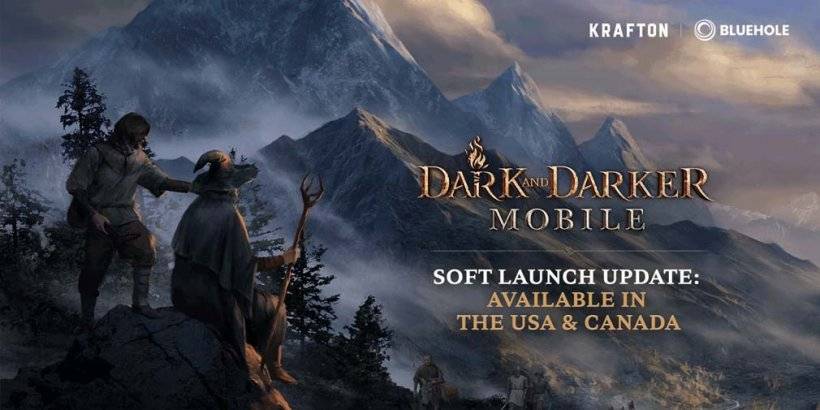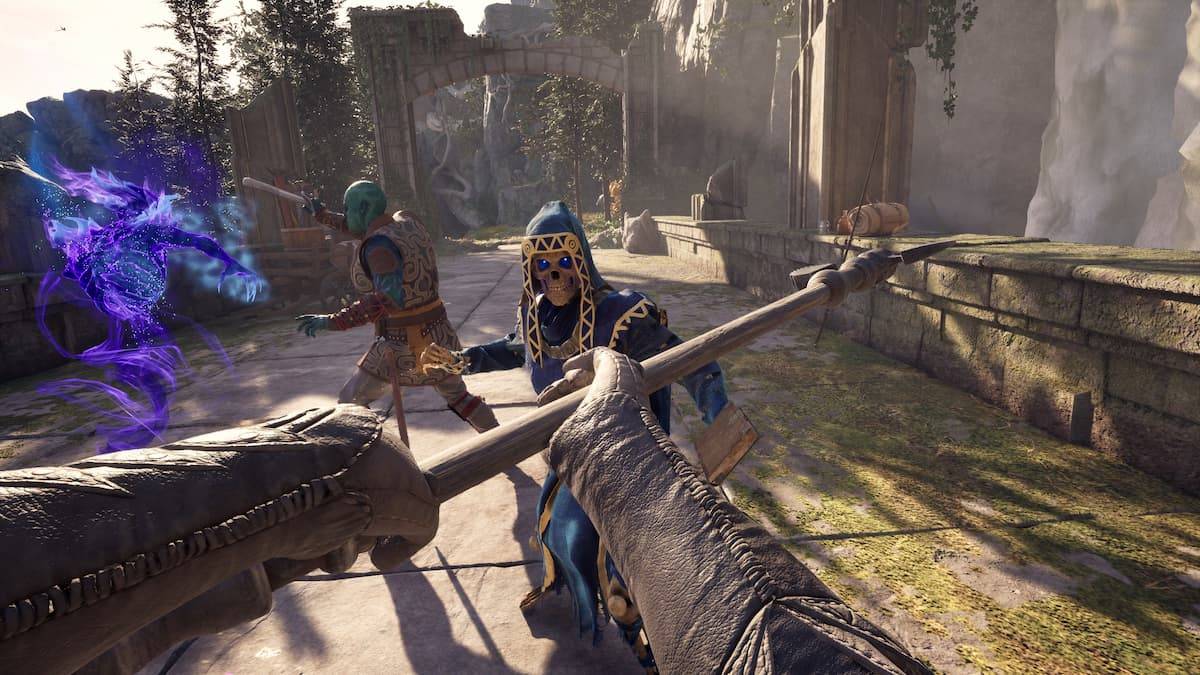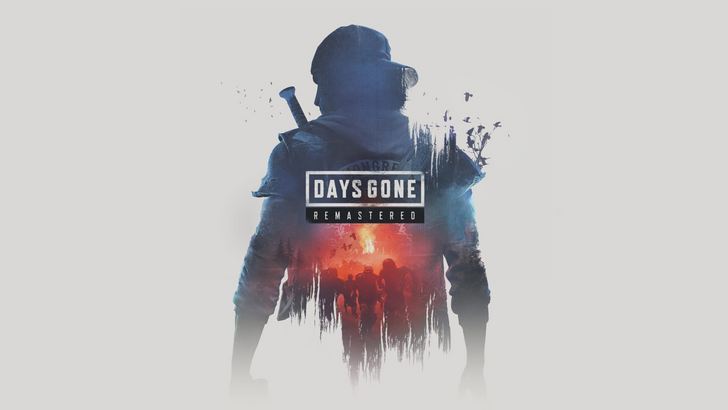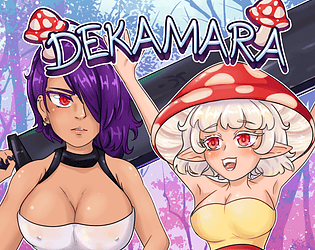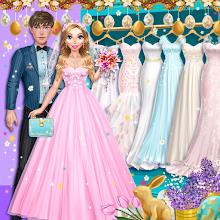Marvel's Fantastic Four: A Timeless Legacy and a Glimpse into "First Steps"
Few superhero teams resonate as deeply as Marvel's Fantastic Four, a family of extraordinary individuals who have captivated audiences for over six decades. Their enduring appeal stems from a potent mix of heroism, relatable flaws, and compelling family dynamics.
The recent trailer for Fantastic Four: First Steps offers a tantalizing preview of Marvel Studios' latest interpretation. Set against a stylish 1960s retro-futuristic backdrop, the film introduces a stellar cast: Pedro Pascal as Reed Richards/Mr. Fantastic, Vanessa Kirby as Sue Storm/Invisible Woman, Joseph Quinn as Johnny Storm/Human Torch, and Ebon Moss-Bachrach as Ben Grimm/The Thing. Their challenges extend beyond thwarting cosmic threats like Galactus (Ralph Eienson) and his herald, the Silver Surfer (Julia Garner); they must also navigate the complexities of family life while safeguarding Earth.
This adaptation promises a thrilling blend of action and emotionally resonant moments that underscore the power of familial bonds. Let's delve into their fascinating origin story to understand their enduring appeal.
Table of Contents
- The Genesis of Marvel's First Family
- A Spark of Inspiration
- Redefining the Superhero Archetype
- Fantastic Four: First Steps Plot Parallels
- Modern Relevance and Future Explorations
- The Enduring Power of the Fantastic Four
The Genesis of Marvel's First Family
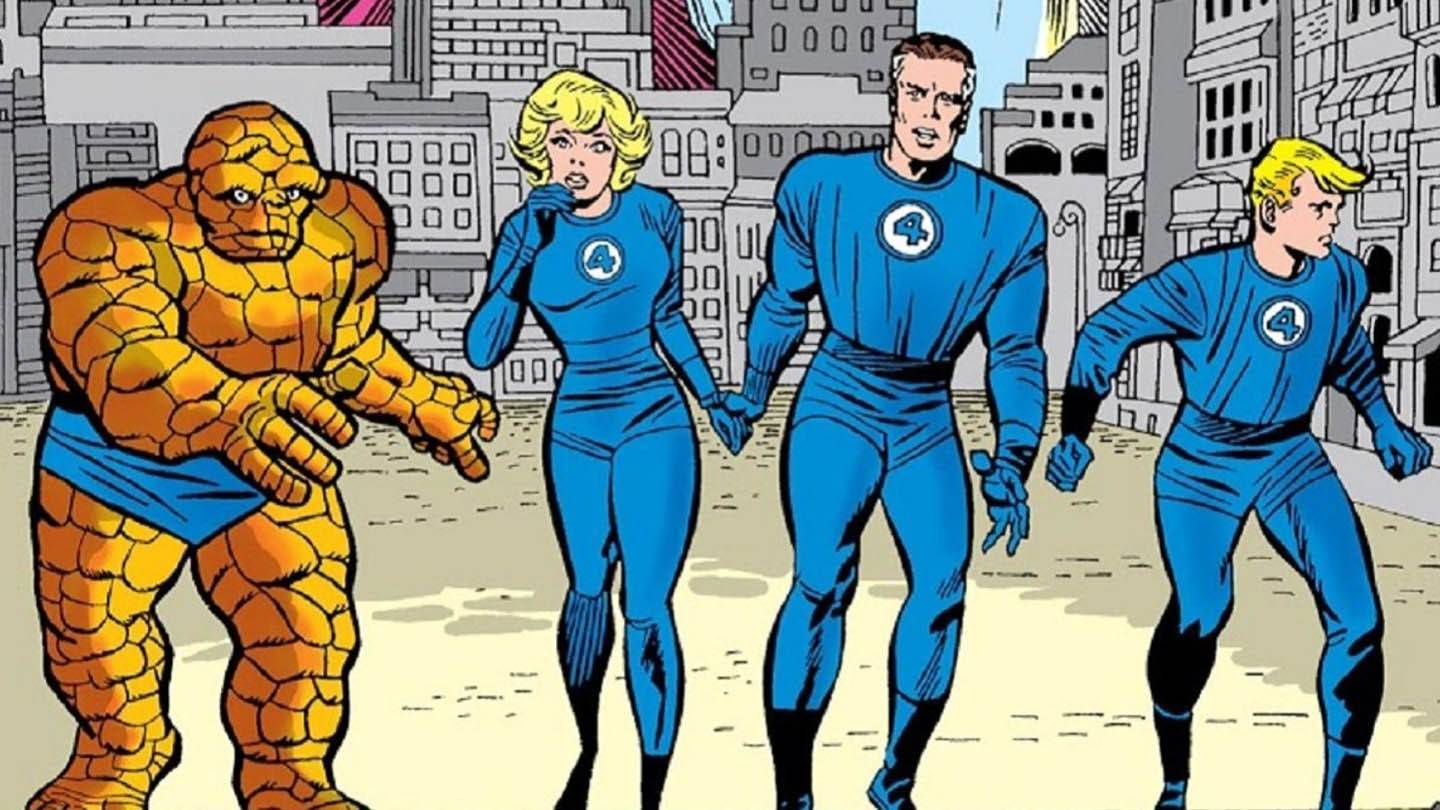 Image: marvel.com
Image: marvel.com
Despite a history spanning over 60 years, including periods of reduced prominence (like the 2015-2018 hiatus), the Fantastic Four remain a beloved Marvel cornerstone. Their resurgence is partly due to the creative vision of writers such as Alex Ross. But how did this iconic quartet emerge?
A Spark of Inspiration
By 1961, Stan Lee, Marvel's editor-in-chief and art director, felt creatively stagnant. His wife, Joan, urged him to create something he'd personally enjoy. Simultaneously, publisher Martin Goodman, aware of DC Comics' Justice League of America's success (allegedly through industry connections), tasked Lee with creating a superhero team.
Redefining the Superhero Archetype
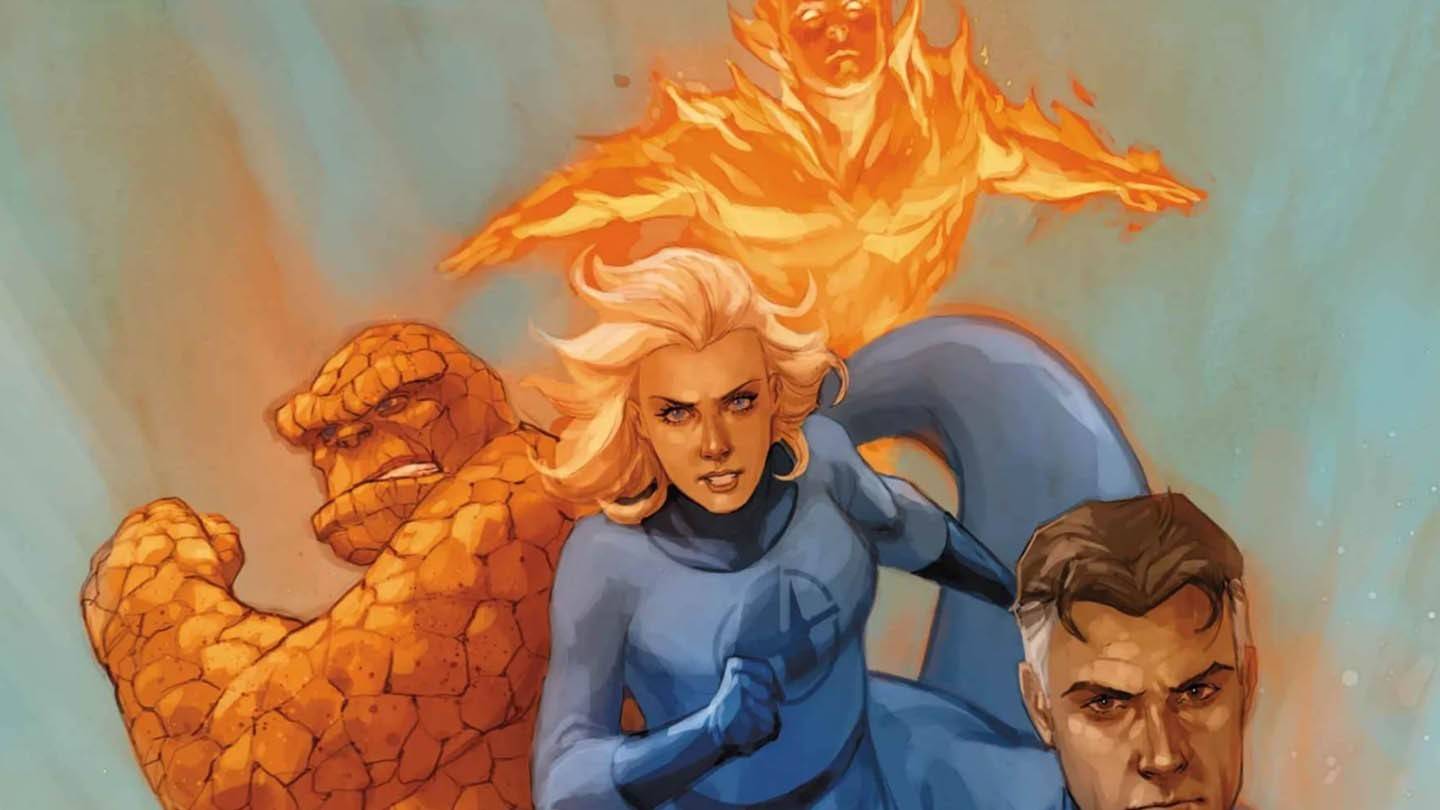 Image: marvel.com
Image: marvel.com
Lee envisioned a team that transcended the flawless superhero trope. He crafted four distinct personalities: the brilliant but sometimes detached Reed Richards; the capable and independent Sue Storm; the impulsive Johnny Storm; and the gruff but loyal Ben Grimm, whose transformation into the Thing challenged his identity. Jack Kirby's artistic contributions were instrumental in shaping their visual identities, particularly the Thing's memorable design.
Fantastic Four: First Steps Plot Parallels
The plot of Fantastic Four: First Steps draws heavily from the original comic.
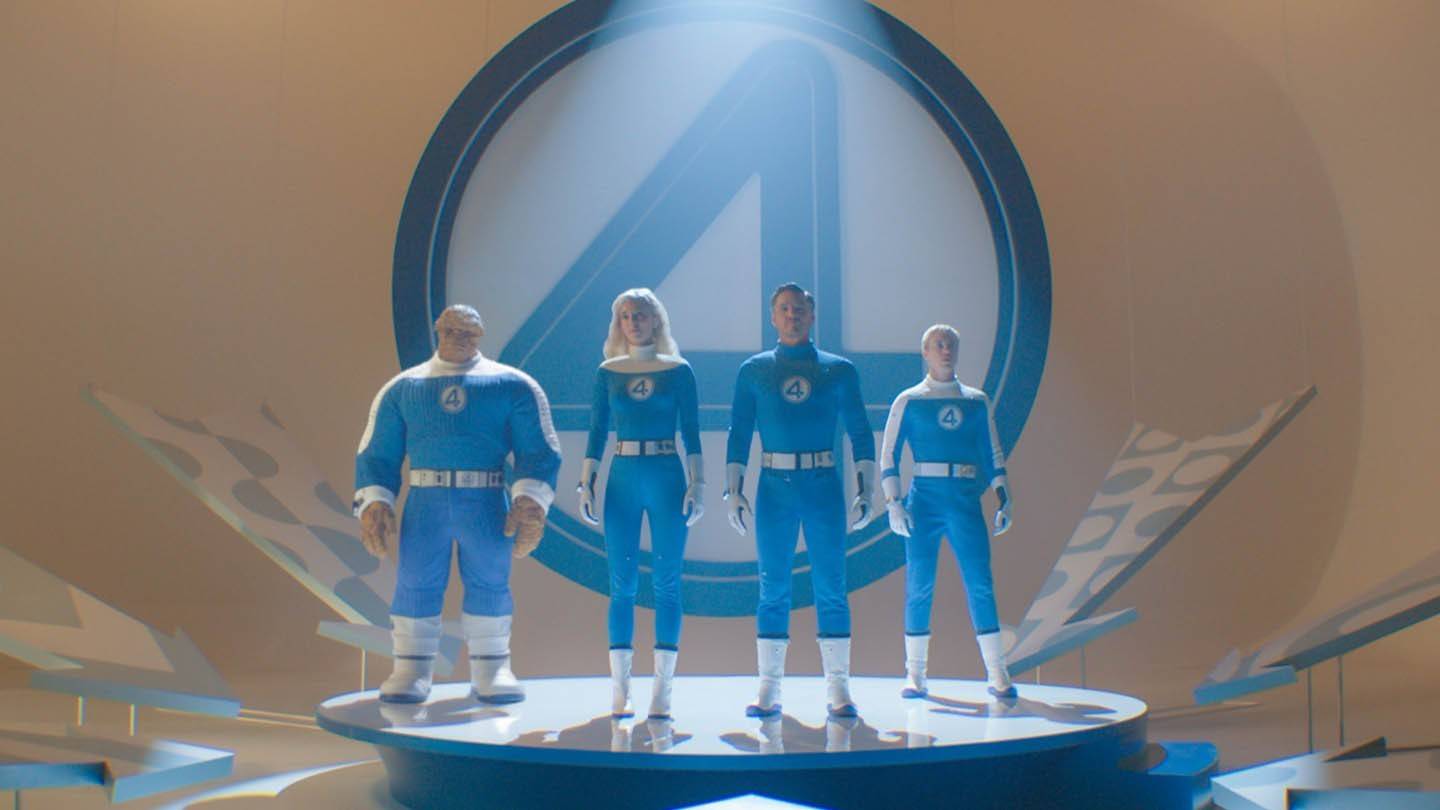 Image: marvel.com
Image: marvel.com
Fantastic Four #1 (August 1961) innovatively opened mid-action, gradually revealing the characters' backstories. The team's origin stems from a risky space mission, mirroring the Cold War anxieties and Yuri Gagarin's pioneering spaceflight. Their exposure to cosmic rays grants them powers, leading them to become the Fantastic Four and confront the Mole Man.
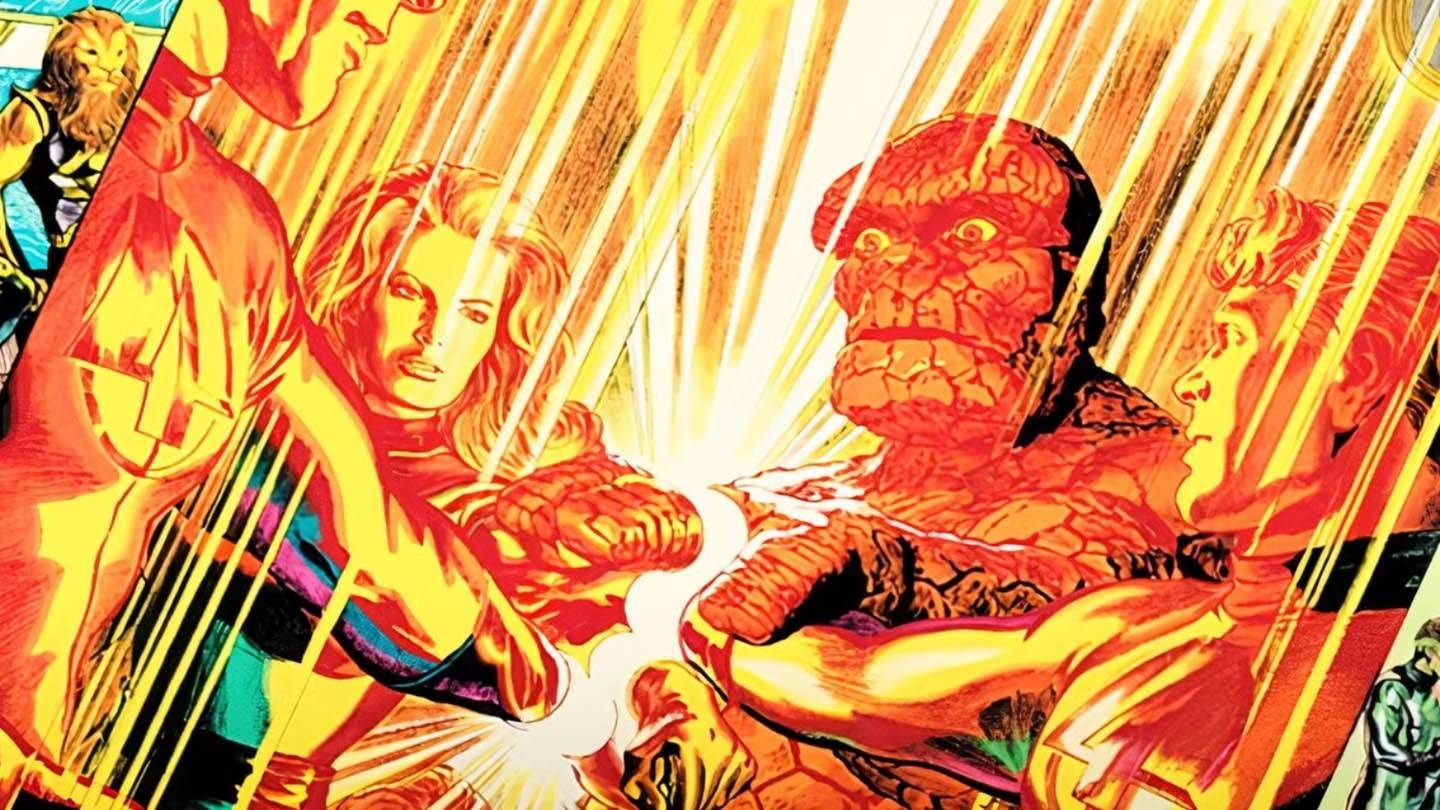 Image: ensigame.com
Image: ensigame.com
Modern Relevance and Future Explorations
The Fantastic Four continue to evolve within the Marvel Universe. Current series, like the one by Ryan North and Iban Coelho, balance humor, action, and drama, exploring themes like social acceptance. While past iterations have received mixed reactions (e.g., Dan Slott's retconned origin, Brian Michael Bendis' portrayal of Doctor Doom), the Fantastic Four remain central to Marvel's narrative, playing key roles in events like Devil's Reign.
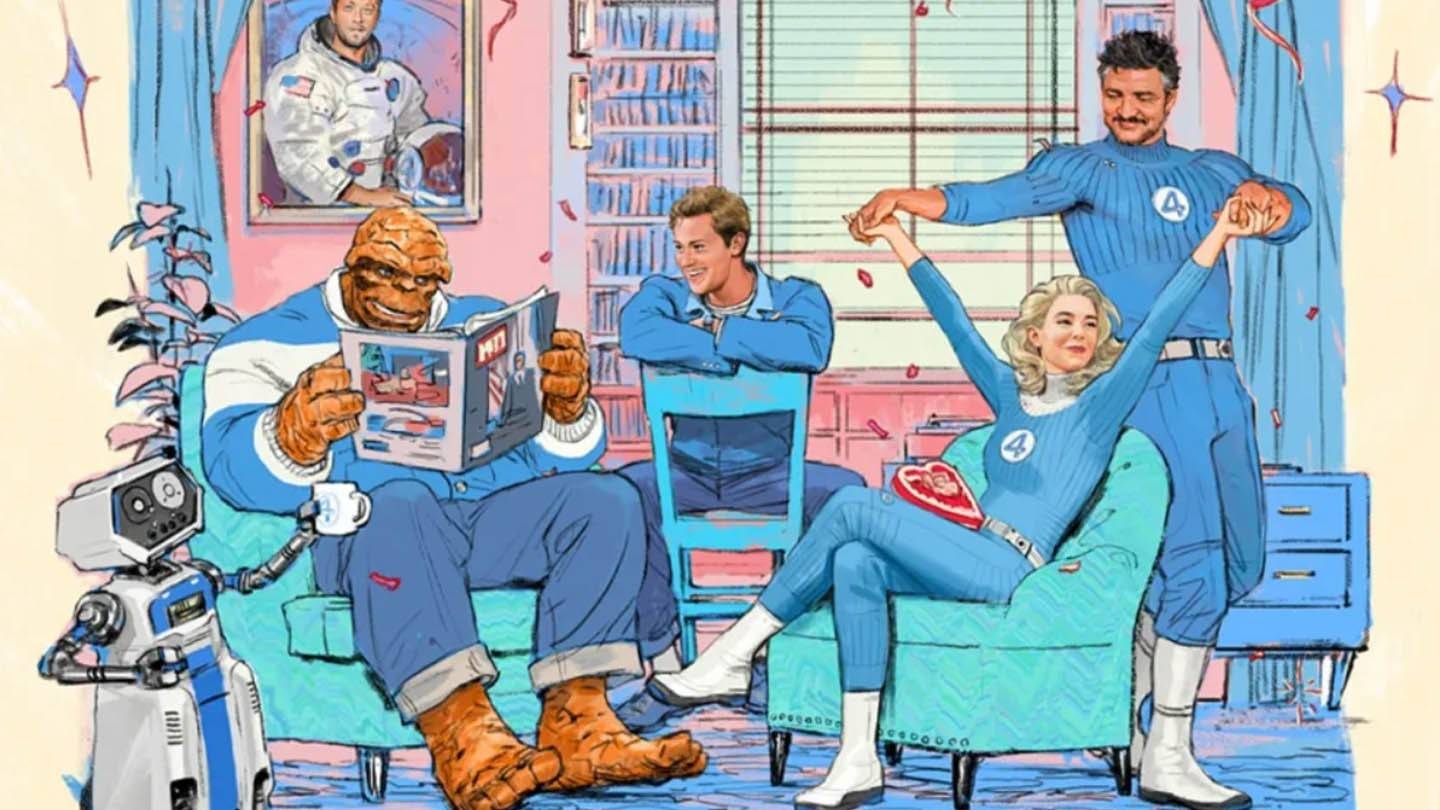 Image: marvel.com
Image: marvel.com
The Enduring Power of the Fantastic Four
From their debut in Fantastic Four #1 to their cinematic return in Fantastic Four: First Steps, the Fantastic Four epitomize Marvel's storytelling prowess. Their complexity, vulnerability, and familial bonds transcend traditional superhero narratives. Their upcoming adventures promise to captivate new generations, highlighting that true strength lies in unity, resilience, and love. As long as these values endure, so too will Marvel's First Family.

 Image: marvel.com
Image: marvel.com Image: marvel.com
Image: marvel.com Image: marvel.com
Image: marvel.com Image: ensigame.com
Image: ensigame.com Image: marvel.com
Image: marvel.com LATEST ARTICLES
LATEST ARTICLES 